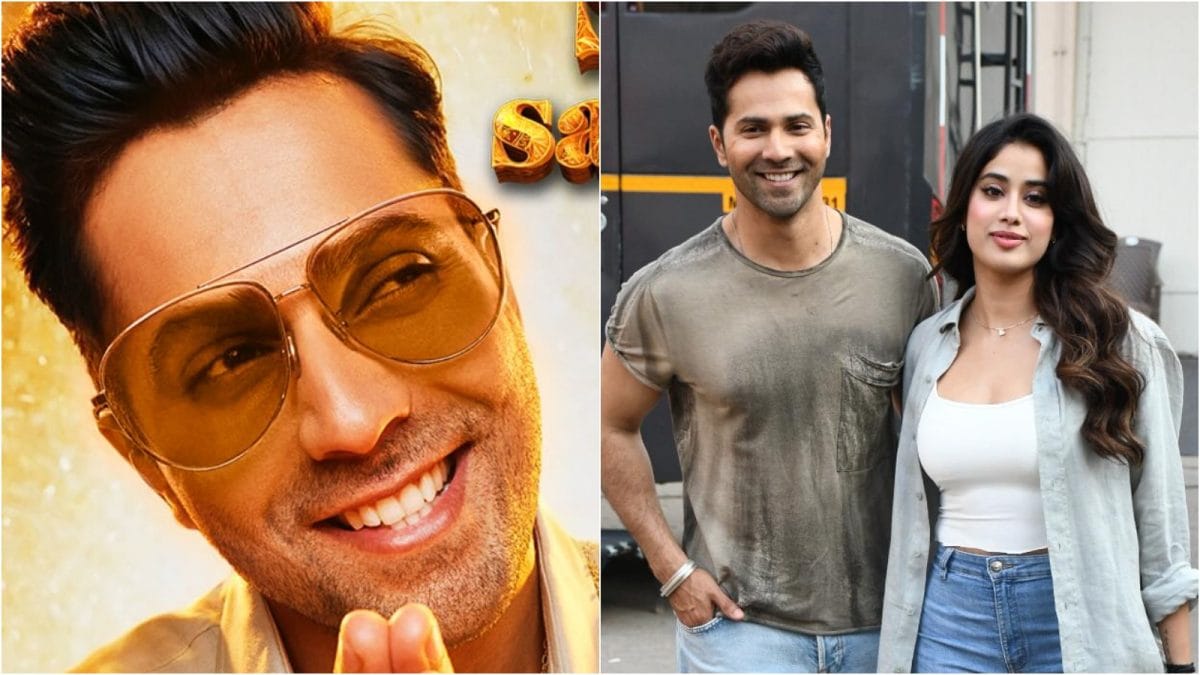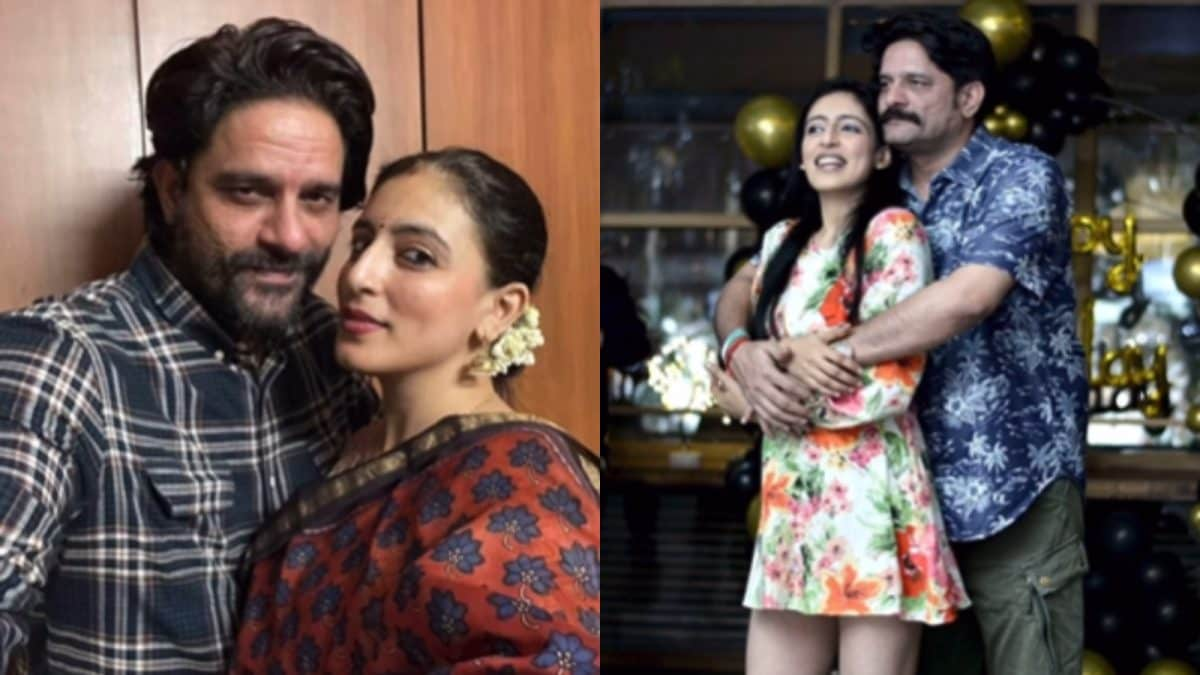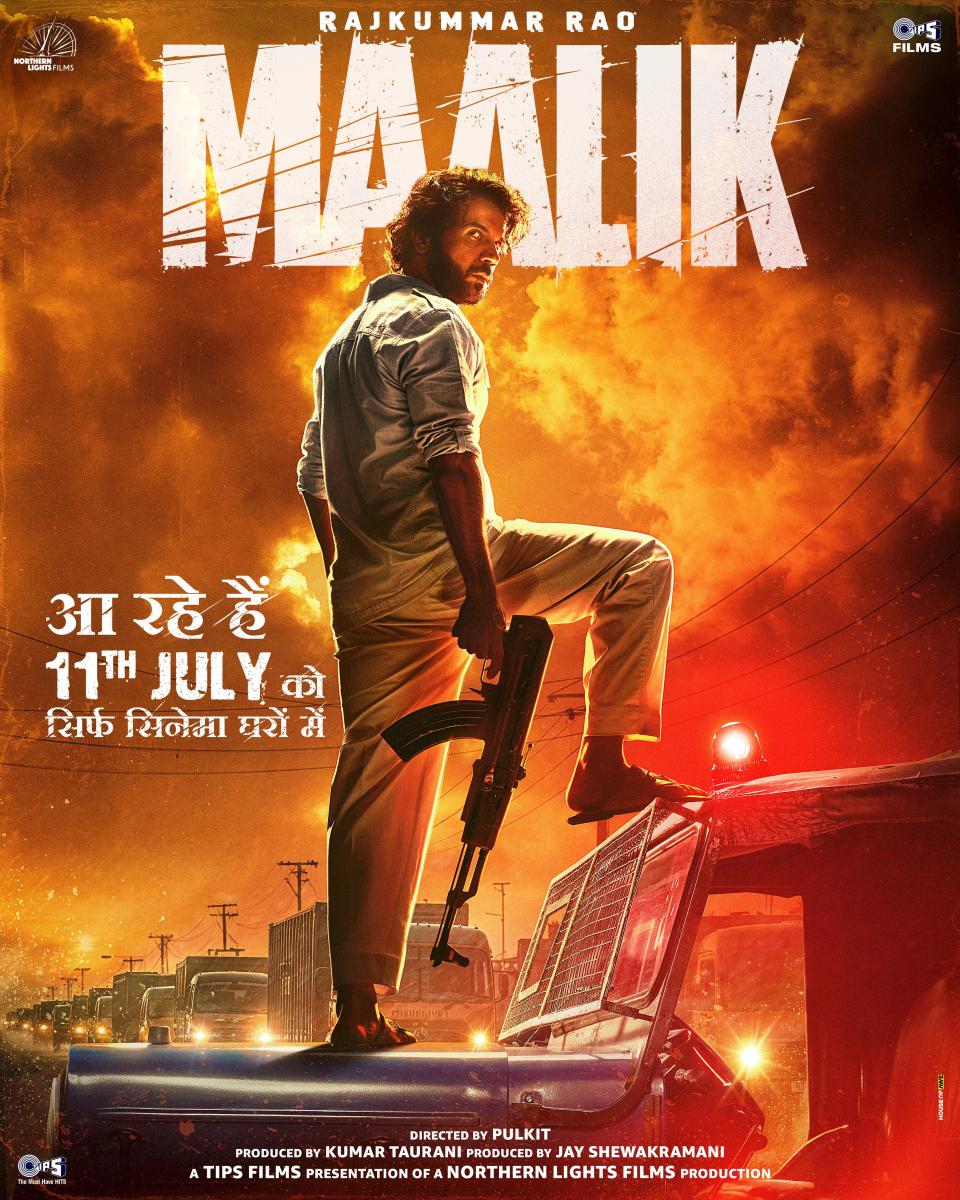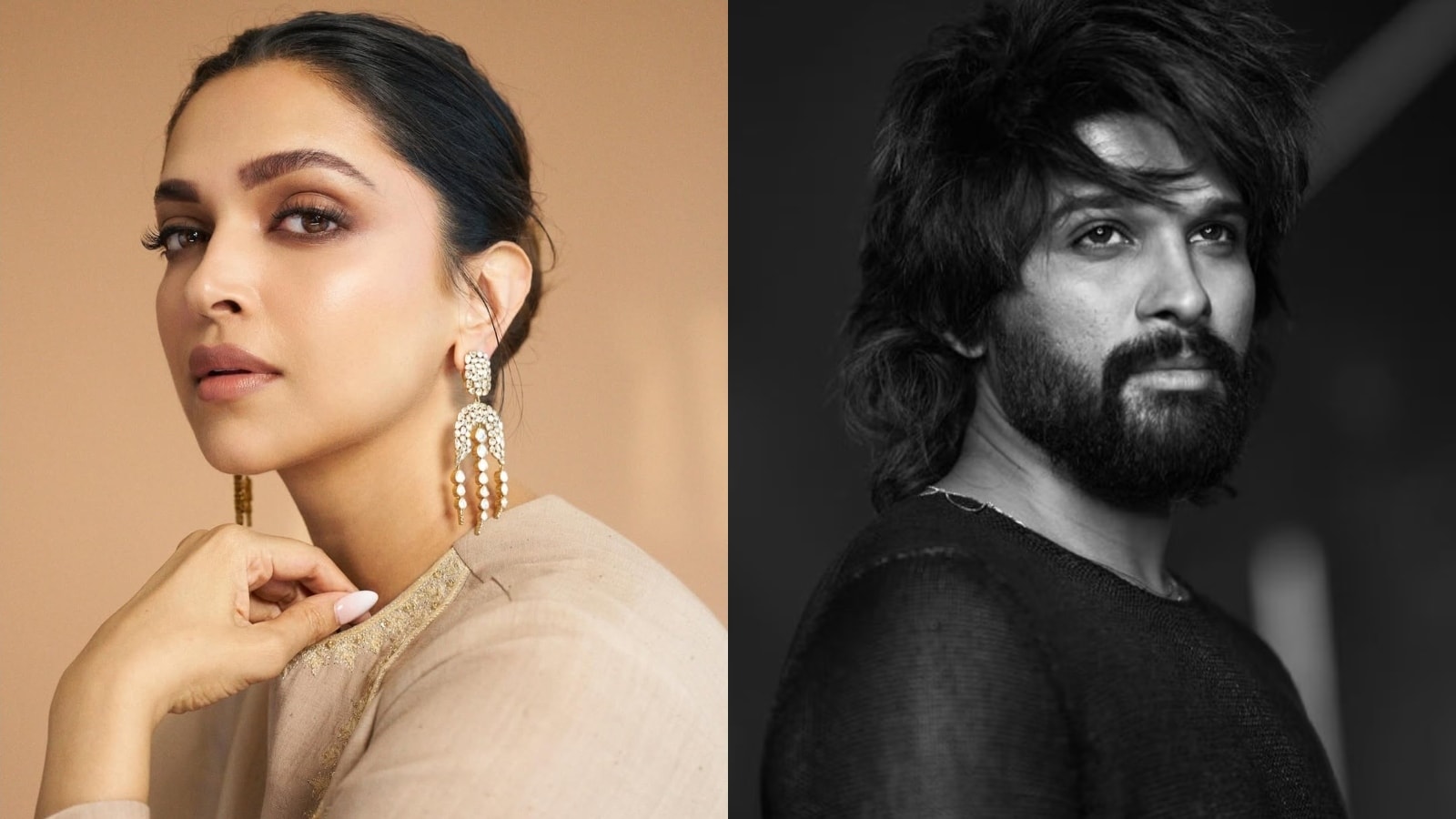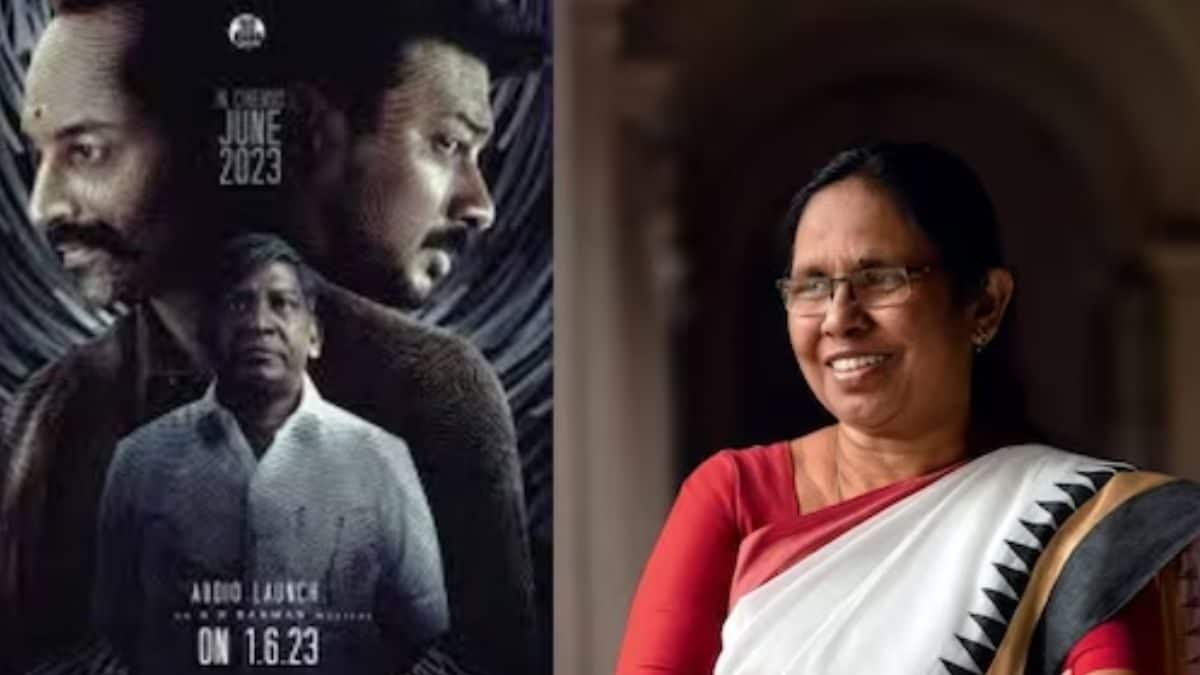
What Ex-Kerala Minister KK Shailaja Said About Caste System After Watching Maamannan
Maamannan, directed by Mari Selvaraj, effectively brings to light caste-based discrimination.
Mari Selvaraj’s directorial, Maamannan, garnered significant acclaim for its thematic depth and execution.
The former health minister of Kerala KK Shailaja has said that Maamannan holds relevance today, especially with communal forces attempting to further caste-based divisions. She highlighted that Mari Selvaraj effectively addresses the issue of caste bias through the film.
Mari Selvaraj’s directorial, Maamannan, garnered significant acclaim for its thematic depth and execution. While our proactive efforts in Kerala have successfully eliminated overt caste-based discrimination, remnants of caste awareness and feelings of inferiority still persist in the human psyche. KK Shailaja emphasized on Facebook that, although we have made substantial progress, we are notably ahead in comparison to the violence observed in certain other states.
“I recently watched Maamannan and was struck by how the caste system remains a deeply regressive aspect of Indian society. Unfortunately, post-independence rulers haven’t been sufficiently committed to eradicating caste discrimination. Kerala’s concerted efforts have successfully eliminated blatant casteism, yet traces of caste consciousness and feelings of inferiority linger in people’s minds. While our state has made significant progress, some other regions continue to witness disturbing atrocities. Instances in North India, where elected Dalit panchayat presidents are denied office, illustrate this issue,” KK Shailaja said.
Maamannan, directed by Mari Selvaraj, effectively brings to light such discrimination. The performances of Udhayanidhi Stalin, Vadivelu, Keerthy Suresh, and Fahadh Faasil, who portrayed the caste-supporting antagonist, Ratnavel, have been widely lauded. The film’s theme holds immense relevance in today’s climate as racists strive to suppress caste-based unity.
Recently, Fahadh Faasil, who depicts the character Rathnavelu in the film, updated his Facebook cover photo with a collage of stills from the movie to mark its triumph. Despite the character’s flawed and brutal traits, Fahadh’s depiction has garnered extensive acclaim online, leading to an influx of mashup videos and memes across social media. The movie profoundly explores the distressing subject of caste discrimination, shedding light on the outcomes of animosity and bias against others.
The festive atmosphere took a negative turn as certain videos on Twitter gained traction, merging Rathnavelu’s character from the film with songs that glorify caste identities. These videos contained captions featuring specific caste names and also propagated harmful religious perspectives, further perpetuating detrimental opinions and beliefs.
Publisher: Source link

